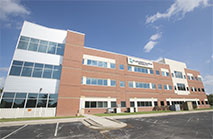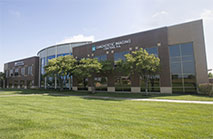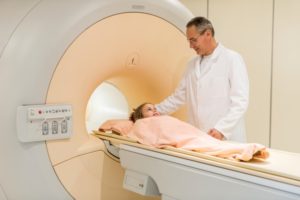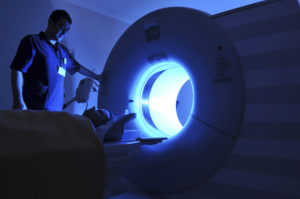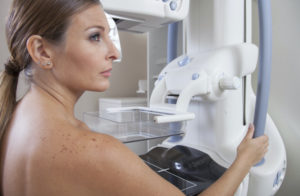Race, Ethnicity and Breast Health
- Women of African descent have a lower risk of developing breast cancer as compared to other ethnicities, particularly caucasians.
- Women of African descent have a higher risk of dying from breast cancer.
? Research shows that breast cancer in women of African descent may be more commonly diagnosed at later stages, tend to be of higher grade and of unfavorable estrogen receptor status*. This all combines to result in a higher risk of death from breast cancer, even though the overall incidence is lower. Multiple factors play a role here, including known risks like family history of cancer, childbirth history and obesity and other less well-defined risks, like access to and use of mammography screening.
- Women of Ashkenazi Jewish descent run up to a 10% chance of carrying the BRCA1 gene mutation. The range for the rest of the population runs from less than one percent for women of Asian descent to less than four for women of Hispanic descent.
The most important thing to know is: what do we do?
If you have questions on family history, genetics or the BRCA gene, speak to your health care provider. If needed, your doctor can help you consult a genetic counselor. There are also resources available to you both on-line with risk factor assessment tools and off-line with organizations like Bright Pink.
Reducing your risk of cancer by yourself can be done by modifying or changing those behaviors we can control, like: not smoking, more exercise, eating better to maintain a healthy weight. Annual screening mammograms, or diagnostic mammograms when a symptom arises are also key – early detection saves lives. Fear and barriers to screening take time to change but together our voices can make a difference.
Forewarned is forearmed. Please reach out to your healthcare providers if you have concerns or fall into a high-risk category. Avail yourself of organizations or programs that are there to help you, such as the Black Health Care Coalition and the Coalition of Hispanic Women Against Cancer (locally) and national organizations as well. Do what you can to reduce your risks, and spread the word to those you love – you may save a life!
*We recommend reading the full article for a more complete discussion. It’s very readable and not too heavy with “scientist-speak.” There’s another scientific paper (lots of statistics included!) on our subject at the link here. It is followed by links to several more studies.
Originally published 6/28/13 on mammographykc.com.
